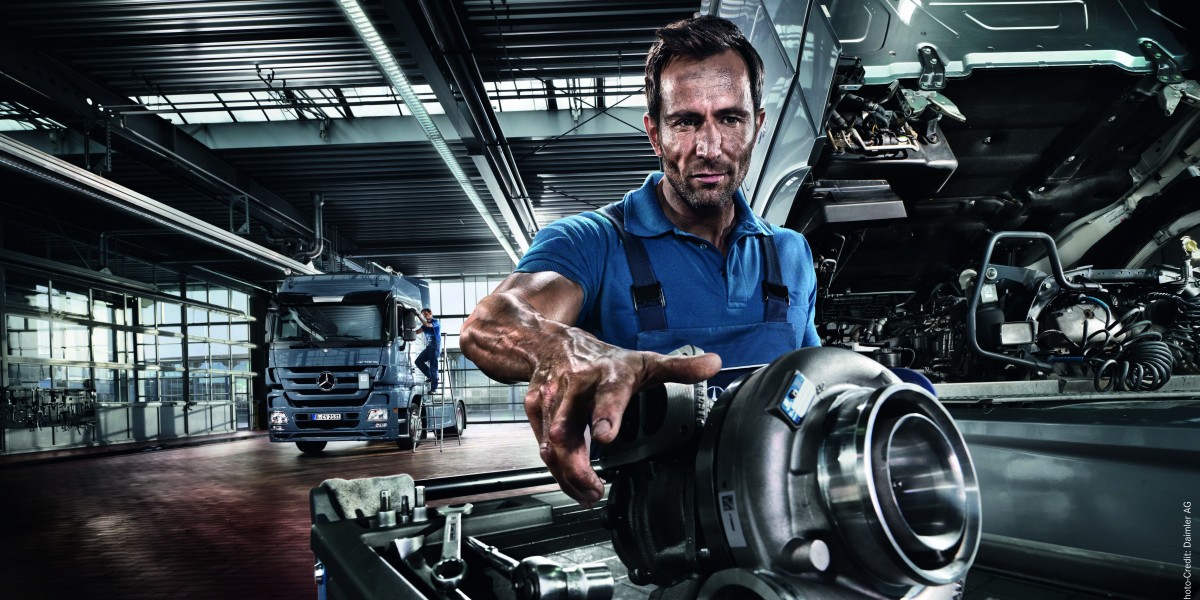Truck owners rely heavily on their vehicles for transporting goods, completing deliveries, and maintaining business operations. A truck that is not roadworthy can not only be dangerous but can also lead to costly downtime or even legal issues. This is why truck repair services play a critical role in ensuring that trucks are safe, reliable, and ready to hit the road after major repairs. But how exactly do mechanics guarantee a truck’s roadworthiness? Let’s explore the key steps involved in this process.
Comprehensive Inspection
The first step mechanics take after major repairs is conducting a comprehensive inspection of the truck. This inspection is far more detailed than a standard check-up. Mechanics examine every component of the vehicle, starting with the engine, transmission, and brakes, and moving on to suspension, steering, and electrical systems. They look for any signs of damage, wear, or misalignment that could compromise the truck’s performance or safety.
During this inspection, mechanics often use diagnostic tools to check for hidden issues. These tools can detect engine malfunctions, electrical problems, or fluid leaks that might not be visible to the naked eye. By performing a thorough inspection, mechanics can ensure that all repairs have been successful and that no new problems have arisen during the repair process.
Testing Safety Systems
After major repairs, safety is the top priority. Mechanics check all the safety systems to ensure they are functioning correctly. This includes the braking system, steering components, lights, indicators, and airbags. For trucks, the braking system is especially important because of the vehicle’s size and weight. Mechanics test the brakes under different conditions to confirm they respond properly and can stop the truck efficiently.
Steering components are also examined to ensure that the truck handles correctly on the road. Misaligned or damaged steering can lead to accidents, especially when the truck is carrying heavy loads. Lights and indicators are tested to confirm visibility and signaling are in proper working order. Overall, this step guarantees that the truck can operate safely in various driving conditions.
Fluid Checks and Replacements
Fluid levels are crucial to a truck’s performance and longevity. Mechanics carefully check all fluids, including engine oil, transmission fluid, coolant, brake fluid, and power steering fluid. If any fluid is low or contaminated, it is replaced or topped up as necessary.
Clean and properly filled fluids ensure the truck runs smoothly and reduces the risk of mechanical failures. For example, brake fluid is vital for the braking system to function effectively, while engine oil prevents overheating and reduces wear and tear on engine components. Ensuring proper fluid levels is a fundamental part of truck repair services after major repairs.
Tire and Wheel Alignment
Tires and wheels are critical for a truck’s stability and safety. Mechanics examine tires for signs of wear, damage, or uneven tread patterns. Proper tire pressure is checked and adjusted to meet manufacturer specifications.
Wheel alignment is also tested because misaligned wheels can affect handling, fuel efficiency, and tire lifespan. For trucks carrying heavy cargo, proper alignment is essential to prevent accidents and ensure smooth driving. Mechanics may use specialized equipment to measure the alignment angles and make precise adjustments, guaranteeing that the truck performs optimally on the road.
Road Testing
One of the most important steps in ensuring roadworthiness is the road test. Mechanics drive the truck under controlled conditions to evaluate its performance in real-world scenarios. This allows them to check acceleration, braking, steering, and suspension under different speeds and loads.
During the road test, mechanics pay attention to unusual noises, vibrations, or handling issues. They also monitor the truck’s response to braking and acceleration to ensure it behaves as expected. The road test is a final confirmation that all repairs have been successful and that the truck is safe for everyday use.
Documentation and Compliance
After completing repairs and tests, mechanics ensure that the truck meets all legal and regulatory standards. This includes checking compliance with safety regulations, emissions standards, and load restrictions. Proper documentation is prepared, detailing the repairs performed, tests conducted, and safety checks completed.
This documentation is essential for truck owners, especially for fleet management and insurance purposes. It serves as proof that the truck has been maintained properly and is compliant with road safety regulations. Keeping accurate records also helps in planning future maintenance and repairs.
Specialized Equipment Checks
Modern trucks are equipped with advanced technology that requires specialized attention. Mechanics inspect electronic control units, sensors, and automated systems to ensure they are functioning correctly. This is particularly important for trucks with advanced braking systems, GPS tracking, or fuel efficiency monitoring.
By testing these systems, mechanics prevent potential failures that could affect performance or safety. Ensuring that both mechanical and electronic components are working properly is a critical aspect of truck repair services, especially for trucks used in commercial operations.
Preventive Maintenance Recommendations
Finally, after ensuring the truck is roadworthy, mechanics often provide preventive maintenance advice. This includes recommendations on oil changes, tire rotations, brake inspections, and other routine checks. Preventive maintenance helps avoid future breakdowns, reduces repair costs, and extends the truck’s lifespan.
Mechanics may also suggest upgrades or replacements for components that, while currently functional, could wear out soon. This proactive approach ensures that the truck remains safe, efficient, and reliable over time.
Conclusion
Ensuring that a truck is roadworthy after major repairs is a meticulous process that requires skill, experience, and attention to detail. From comprehensive inspections and safety checks to fluid management, wheel alignment, road testing, and compliance verification, mechanics leave no stone unturned. Modern trucks also require specialized equipment testing and preventive maintenance guidance to maintain peak performance.
By following these steps, truck repair services not only restore trucks to optimal working condition but also provide truck owners with peace of mind, knowing their vehicles are safe and reliable. Whether for commercial fleets or individual use, investing in professional repair and maintenance ensures trucks remain roadworthy and capable of handling the demands of the road.


